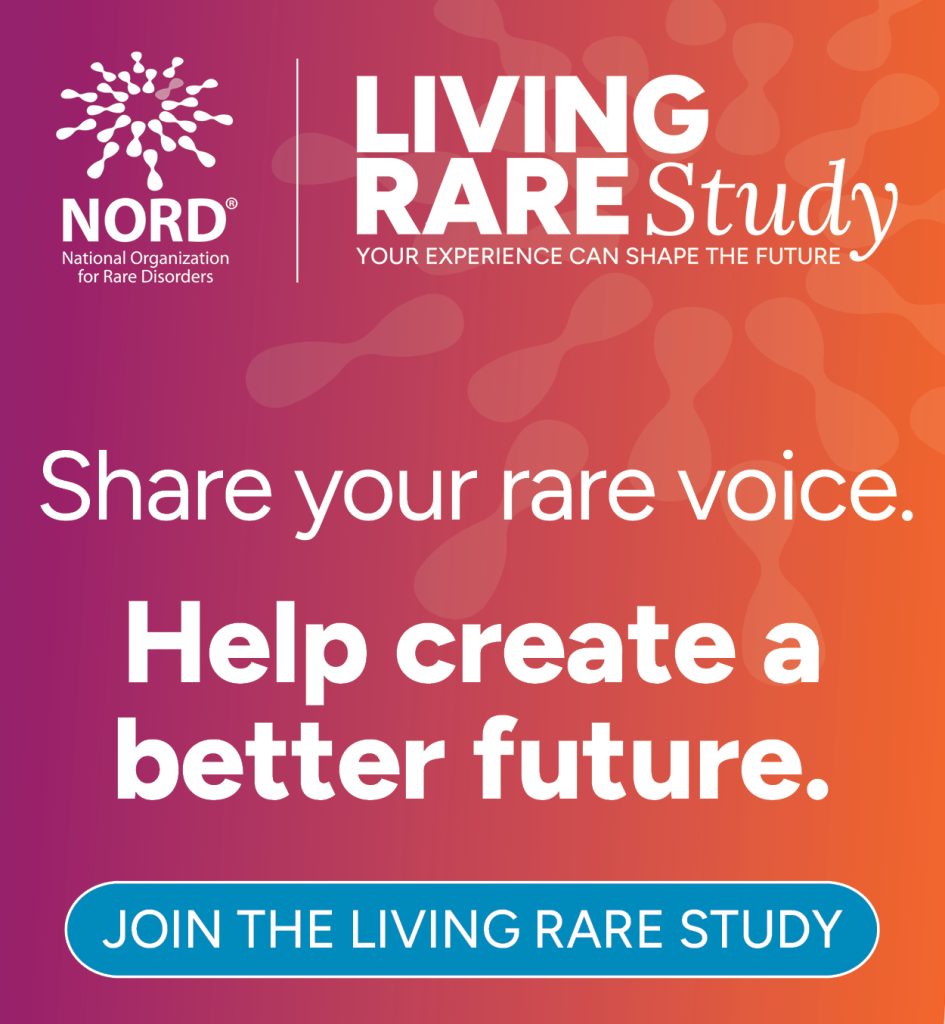Washington, D.C., January 11, 2017—Data released by the U.S. Food and Drug Administration (FDA) show that 9 of the 22 new medications approved in 2016, or 41 percent, are orphan drugs to treat rare diseases.
“The percentage of orphan drugs approved in recent years by FDA remains high and this is welcome news for the 30 million Americans with rare diseases,” said Peter L. Saltonstall, president and CEO of the National Organization for Rare Disorders (NORD), the leading independent advocacy organization representing patients and families with rare diseases. “At the same time, we must recognize that our patient community faces new challenges in accessing many new therapies, and that the vast majority of the 7,000 rare diseases still have no treatment options. We look forward to still more progress in 2017 and beyond.”
Among the new orphan drugs approved were the first-ever treatments for the rare diseases Spinal Muscular Atrophy (SMA), Duchenne Muscular Dystrophy (DMD), and severe hepatic veno-occlusive disease (VOD), and three new treatments and a diagnostic agent for different rare cancers.
According to a blog post by John Jenkins, M.D., Director of the Office of New Drugs in FDA’s Center for Drug Evaluation and Research (CDER), most of 2016’s new drugs “have the potential to add significant clinical value to the care of thousands of patients with serious and life-threatening diseases.” While the number of new drugs approved was lower than in previous years, Jenkins stated that these figures do not tell the true story and cited different factors that contributed to this result. Dr. Jenkins went on to highlight improved efficiencies in reviewing drugs and stated that 73 percent of new approvals benefitted from at least one FDA program to expedite drug development and review.
“We thank the FDA for its continued flexibility in reviewing applications that often include small studies due to the small number of patients with the disease,” Saltonstall added.
On the subject of Dr. Jenkins’ upcoming retirement from FDA after nearly 25 years of service, Saltonstall said, “On a personal note, we thank Dr. Jenkins for his commitment to rare diseases. During his tenure, NORD and FDA worked together to establish the Rare Diseases Program in the Office of New Drugs to bring awareness and support to the rare disease community. In the years since, the number of FDA-approved treatments for rare diseases has increased and patients have had more hope. We wish Dr. Jenkins well and look forward to continuing our successful collaboration with FDA.”
For more details about 2016’s approvals, visit the Novel New Drugs Summary 2016.
About the National Organization for Rare Disorders (NORD)®
The National Organization for Rare Disorders (NORD)® is the leading independent advocacy organization representing all patients and families affected by rare diseases. NORD is committed to the identification, treatment and cure of the 7,000 rare diseases that affect 30 million Americans, or 1 in every 10 people. NORD began as a small group of patient advocates that formed a coalition to unify and mobilize support to pass the Orphan Drug Act of 1983. For more than 30 years, NORD has led the way in voicing the needs of the rare disease community, driving supportive policies and education, advancing medical research, and providing patient and family services for those who need them most. NORD represents more than 250 disease-specific member organizations and collaborates with many other organizations in specific causes of importance to the rare disease patient community. www.rarediseases.org.
###
Media Contact:
Jennifer Huron
203.304.7258
[email protected]





